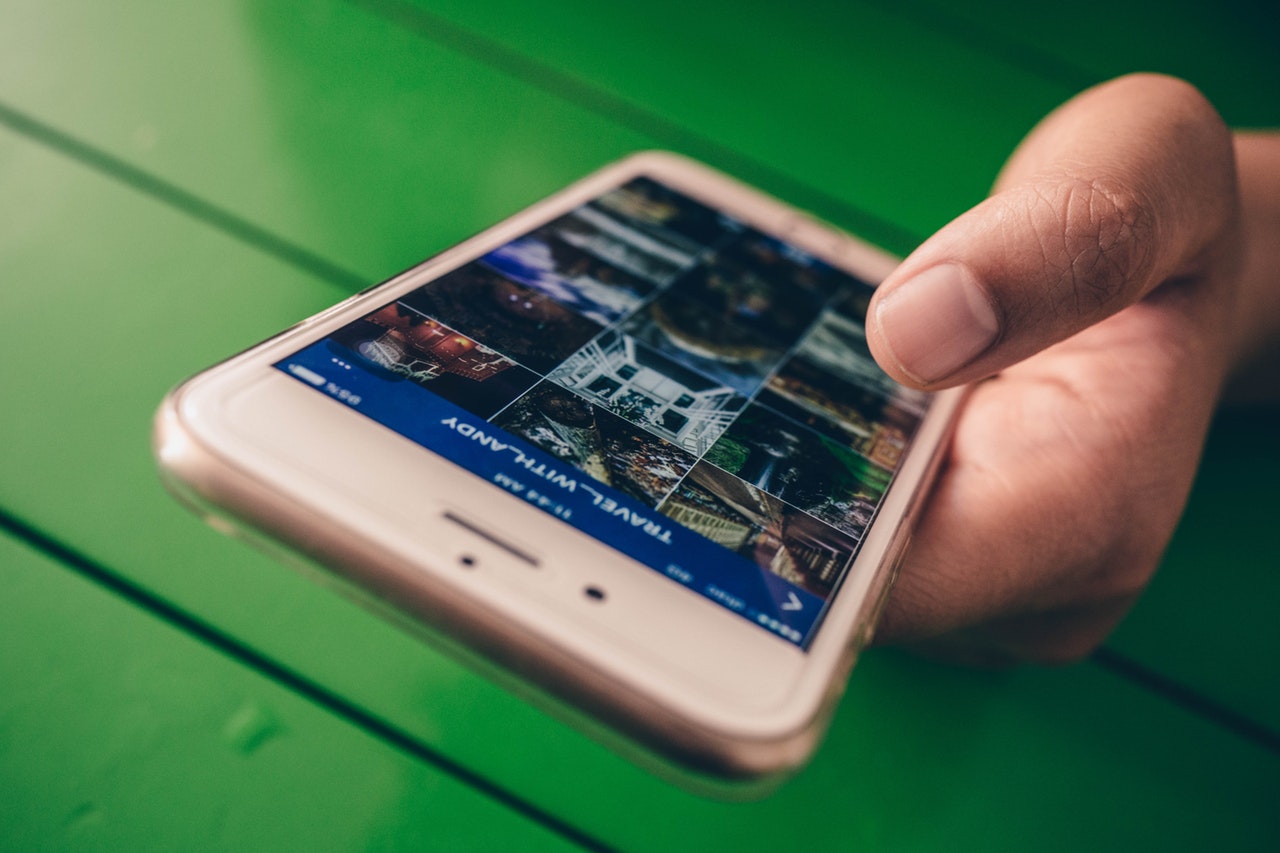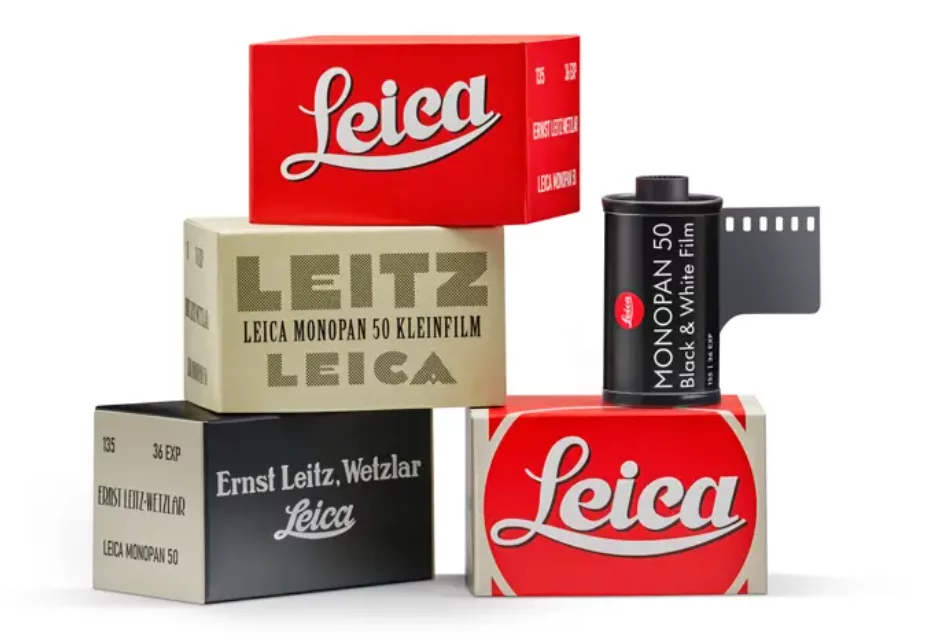Influencers are often portrayed in the press as the modern scourge of photography.

The BBC set out to see if this was true and they did so in spectacular fashion: They enlisted a bunch of Instagram stars to push their new health drink, Cyonora (containing cyanide, among other things), to see just how bad the whole influencer economy really is – and let’s just say that their results speak for themselves.
Not only did the influencers in this sting operation push a made-up drink with cyanide in it but they did so somewhat unquestioningly, the BBC reports.
As Buzzfeed notes, the influencers were asked to push this drink with a prewritten script that even described it as containing hydrogen cyanide.
In a further demonstration that people either do not read anything at all or just simply don’t care, the BBC noted that one influencer, Zara Holland, informed them that her audience trusts everything she promotes on her account, including her holidays and other activities.
Holland, famous for being Miss Great Britain, was joined by Lauren Goodger and Mike Hassini of The Only Way Is Essex.
Hassini, meanwhile, thought it would be better promoted as a paid post in his Instagram stories telling the sting op, “I think if you're doing brands and stuff, rather than it being a paid-for post on the actual page, I think that stories are better because people actually believe that's what you're doing now.”
When informed that the product was still in the development stages and that he wouldn’t be able to drink it for some time, Hassini indicated that wouldn’t be a problem while Zara also was on board with promoting an unreleased product that she couldn’t test out before her agent said that she wouldn’t lie.
Buzzfeed reports that Lauren’s agent informed the team that influencers often don’t try the products they promote and, as an example, cited Lauren’s promoting of Skinny Coffee which Buzzfeed says was never used by the influencer.
The episode is poignant because, when called out by people for promoting the coffee in the beginning of this year, Lauren responded with, “It's all natural, healthy ingredients proven to help with weight loss alongside healthy diet and exercise, and I only promote products that I believe in.”
In relation to the report from the BBC, Zara’s team responded with, “No agreements were made in the Skype call that I would promote the product and no agreements were made by email to this effect as it was not clear what was in the drink. Although I had read out the ingredients which included Hydrogen Cyanide I did not immediately know what this was at the time…I would like to make it very clear that my followers on social media follow me because I only promote products that I have tried first and know a lot of detail about them. My followers are extremely important to me and I would never deliberately mislead them or promote a product that was dangerous.”
You can read the Buzzfeed story here and watch the documentary from BBC by clicking here.
As we’ve reported in the past, the influencer space is relatively a wild west zone on Instagram. That’s probably going to change – and fast.
What do you think? Should Instagram influencers be forced by law to disclose partnerships and sponsorships? What do you think of the idea of people on the platform pushing something dangerous and deadly? Let us know your thoughts in the comments below.
Also, don’t forget to check out my other photography news articles on Light Stalking by clicking here.
[Buzzfeed]




